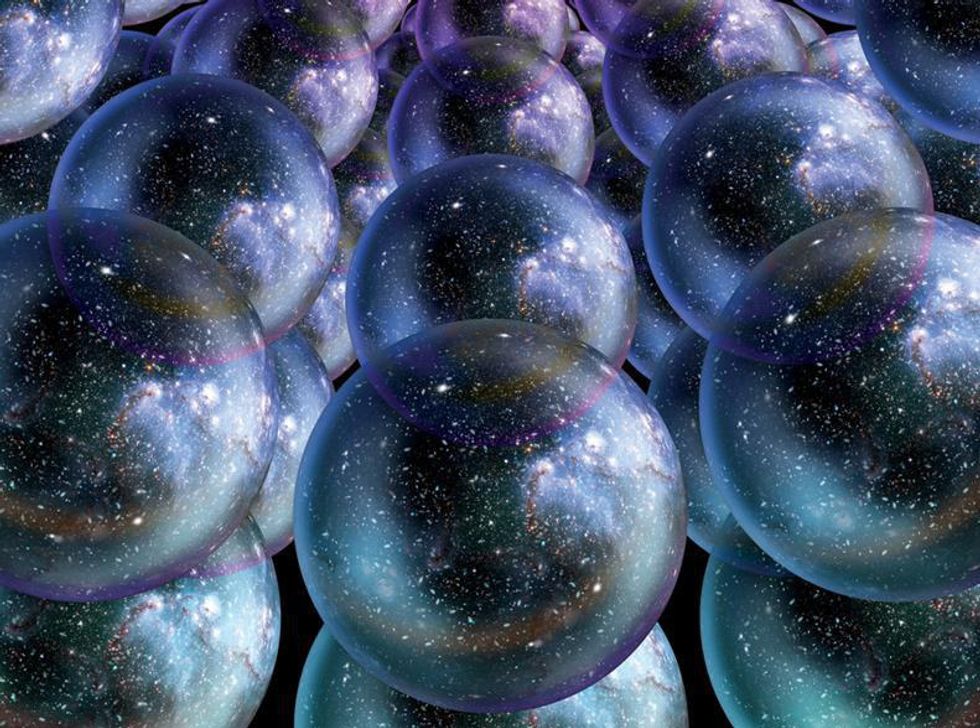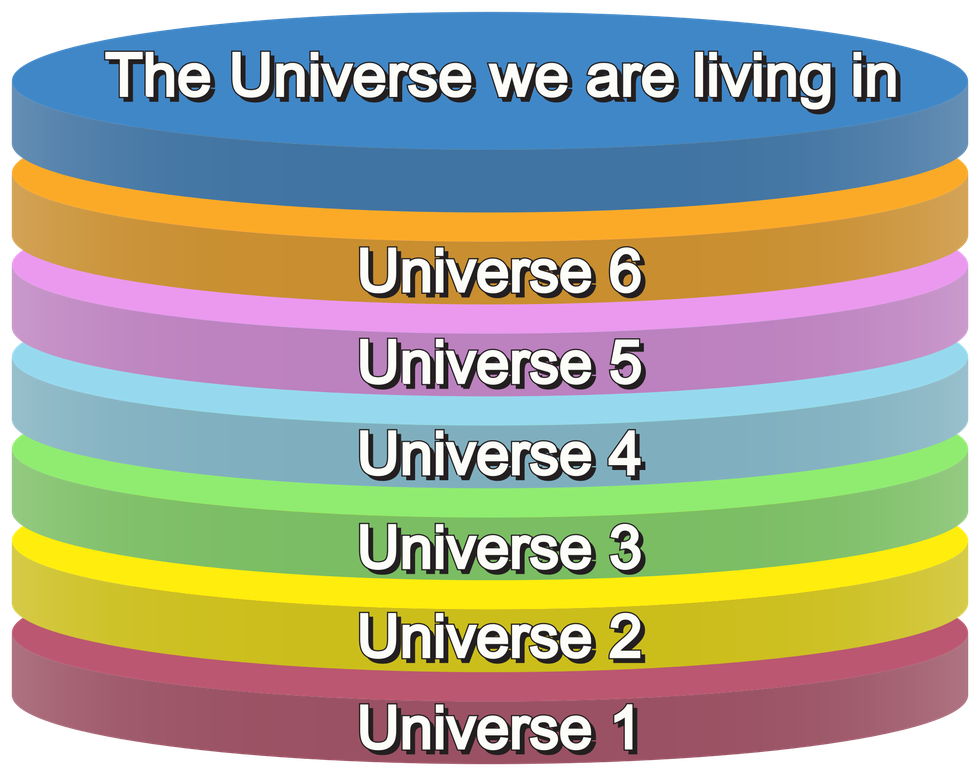Do not be put off by the title, I will not confuse you with long words and weird equations that no one really understands except the scientists that use them. I know that often times people are interested in what goes on in the science community, but most of what is published is very difficult to read and understand, therefore; most people just tend to not bother.
I feel that everyone should have an understanding, and so I want to break down one of the most talked about, debatable, and possibly confusing topics in astrophysics: the multiple universe theory. This argument surrounds the question of whether or not the multiverse exists. The multiverse is the hypothetical set of finite and infinite possible universes, including the universe in which we live. Meaning that the multiverse is the idea that based on current calculations and theories, that there are anywhere between two and infinity universes.
Recommended for you
Let's talk about how the multiverse is possible. According to Elizabeth Howell of Space.com physicists are unsure about the shape of our own universe, however, there are some theories.
Some scientists believe that our universe is flat, it goes on forever in a linear direction but everything else is flat, causing the universe to act like a plane. It stretches on forever and since there are only a certain amount of particles in the universe, and a certain amount of ways that they can be arranged, eventually they will repeat themselves, meaning that there will be an infinite amount of our universes. Which means that you will exist an infinite amount of times, however; in another universe, you may have made a different decision, maybe to go to a different college, or take a different job.
Another theory is the bubble theory, that there are an infinite amount of bubbles inside a larger bubble, this theory is much more complex than the last because there are so many variations of it, so bare with me. Imagine blowing bubbles, enough to fill up the entire planet. Now imagine that earth is constantly getting bigger. That allows not only for and an infinite amount of bubbles, but the bubbles that exist can also grow infinitely. So why is this theory so complex? Because for all we know, that large bubble is one of an infinite amount inside of an even larger bubble, and this inception could go on infinitely. It is all unknown.
A third theory is a parallel universe theory. The idea that universes live just out of reach of each other. Imagine a slice of bread that is infinitely big. and next to it is another slice that is infinitely big, but the two do not touch. and so on for the rest of the infinitely large loaf. This is how you have to imagine parallel universes.
Scientists in quantum mechanics believe in daughter universes. Quantum mechanics describes everything in probabilities and the though that all possible outcomes of a situation do exist. Clara Moskowitz of space.com best describes this theory as, when you come to an intersection, there is a universe in where you go left, another where you go right, and another where you go straight. and this happens for every possibility.
Another possibility is that of mathematical universes. One where it is believed that instead of mathematics being a tool to describe the universe, it is instead a fundamental reality, and other universes exist based off of other mathematical structures. This would explain how it is thought that other universes could have different laws of physics than us.
On, theconversation.com, Eugene Lim, lecturer in theoretical particle physics and cosmology at King's College London, states that in string theory, it is believed that multiple universes can exist in the same space and time without leaving but a few "signatures" in the cosmic sky. This theory is even more complex than the last, because it assumes that sting theory is true, and that is a completely different thing in itself. We will leave that to Dr. Sheldon Cooper from the "Big Bang Theory"!
There are other theories, however, they are so similar to ones mentioned and so confusing that they are not worth mentioning.
So we have answered the question, "How is it possible that the multiverse exists?" Next, we answer, "Will we ever know if other universes exist?"
Marcus Woo of BBC Future says that it is almost safe to say that we will never find blatant evidence that another universe exists, any discoveries would be very small, such as gravitational waves and other minute findings that would be a small piece to a massive puzzle. For some theories, such as the bubble theory, we may never know, considering that our universes would never touch each other at all. For parallel universes, if two universes were to come in contact, it could possibly create a big bang like reaction, creating another universe. The "Signatures" discussed in Eugene Lim's article could be anything, it is up to us to fit the puzzle pieces together.
Sure, there are many arguments against the multiverse, since it is believed that our universe has a known age, it discourages the possibilities of some theories, but that is a topic for another day.





















